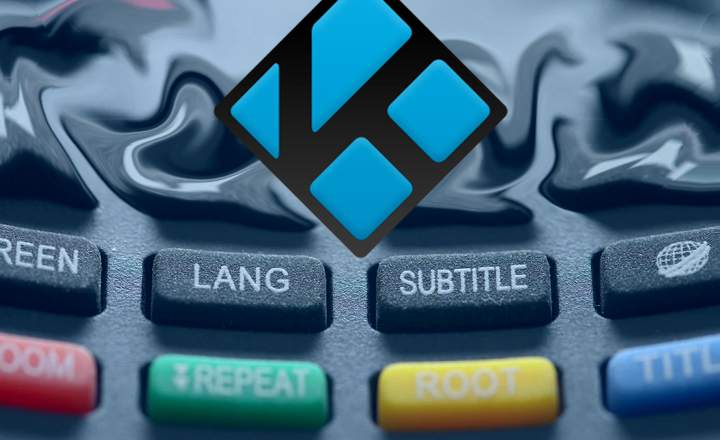
The Wikipedia it is one of the most fascinating tools that the Internet age has brought us. A fascinating, open source encyclopedia, built from the contributions of its user community and with a lot of updated information (as in all sites there are also trolls and partisan distorters, but they are the least). The downside, however, is that we must be connected to the Internet to be able to make inquiries and navigate among its more than 50 million pages.
It may seem like a crazy and over-the-top idea, but the truth is that we can download the entire Wikipedia and consult it offline whenever we need it. Something that can be most useful if we live in a country where the Internet connection is very expensive or the coverage does not meet minimum stability standards.
How to download a complete copy of Wikipedia on your computer
This is the fastest and most direct way to get an offline copy of Wikipedia. Wikipedia itself performs compressed dumps of your entire database once a month. Currently the download is about 16GB in compressed format (although once unzipped the content weighs about 60GB).
In order to use the official Wikipedia dumps we need to complete 2 steps:
- Have a reader: We need software that is capable of reading the special format used to store wiki articles. For this we will have to use a program like Xowa or WikiTaxi. Xowa is one of the most popular options, and it also features an Android app which is even easier to use. WikiTaxi is also a good option, but it requires us to download the wiki dump in XML format and does not support images (which can come in handy if we want a version of Wikipedia that is as light as possible).

 Download QR-Code XOWA - Wikipedia Offline Developer: gnosygnu Price: Free
Download QR-Code XOWA - Wikipedia Offline Developer: gnosygnu Price: Free - Unzip the dump file: Once we have the reader, we only have to unzip the "dump" or dump that we just downloaded. If we use Xowa we have the advantage that the program is able to read directly from the compressed dump, so it is not necessary to perform decompression (thus saving a few gigs of space).
Use Kiwix to read Wikipedia offline
Kiwix is a tool that, like Xowa or WikiTaxi, allows us to read Wikipedia downloads. But with a big difference with respect to these two, and that is that Kiwix simplifies the whole process that we have explained in the previous point much more.
Kiwix has adapted the Wikipedia dumps to fit its format and keeps them up to date. So we only have to download one of these copies and use one of the various readers available for Kiwix.

These copies can be conveniently downloaded from its website, or from dedicated apps for mobiles and tablets. Currently there is also a desktop version for PC and an extension for Chrome if we want to use Kiwix without leaving the browser.
Access the official Kiwix website
Install the Wikipedia app
The Wikipedia app itself also allows us to save and synchronize articles that interest us to access them offline. It is not the same as downloading a full backup of the entire Wikipedia, but in certain situations it can be quite useful and functional.

 Download QR-Code Wikipedia Developer: Wikimedia Foundation Price: Free
Download QR-Code Wikipedia Developer: Wikimedia Foundation Price: Free The trick is to add a bookmark to any post that interests us. This will cause an offline copy of that article to be downloaded to the internal memory of our device so that we can consult it whenever we want. Thus, for example, we can take the opportunity to mark all the entries we need when we are connected to a Wi-Fi signal at school or wherever, and then access all that content without spending data or connecting to the Internet.

Download Wikipedia on CD / DVD
All Wikipedia content, in addition to the rest of the Wikimedia Foundation projects, is published under licenses that allow anyone to download and distribute it in any way they want. Of course, that also includes the physical format.
This has allowed that there are projects that are in charge of facilitating versions of Wikipedia on DVD, flash memory or the classic CD format. Currently there are versions of Wikipedia with selected articles (usually the most essential for the educational field) to enter the space available on a CD disc.
Unfortunately these projects are in English, German, Polish and Portuguese, so we will have to master some of these languages to be able to use them. There is also a Wikipedia project in Spanish, but it is still under development (if you are interested in collaborating you can get more info HERE).
You have Telegram installed? Receive the best post of each day on our channel. Or if you prefer, find out everything from our Facebook page.
